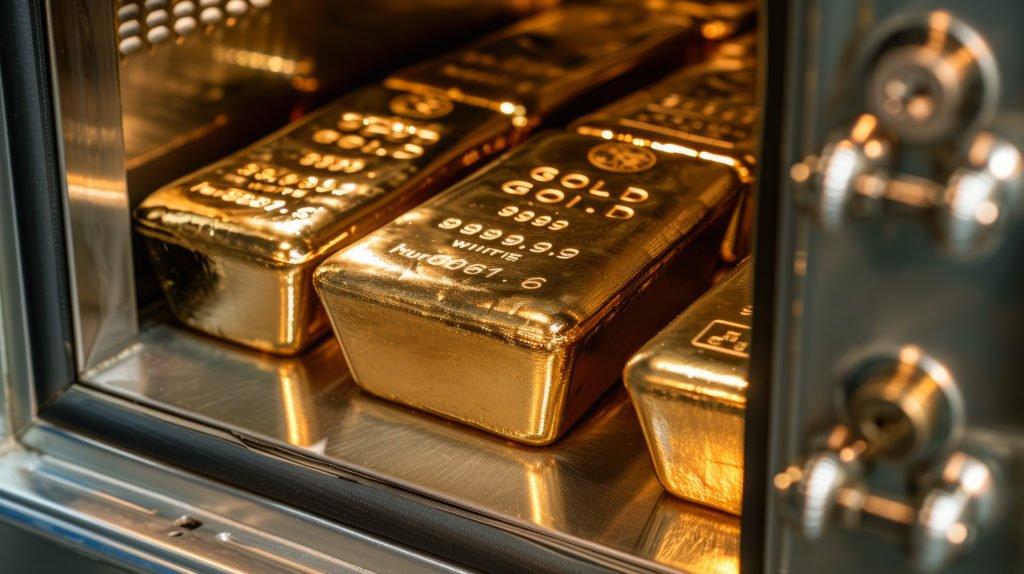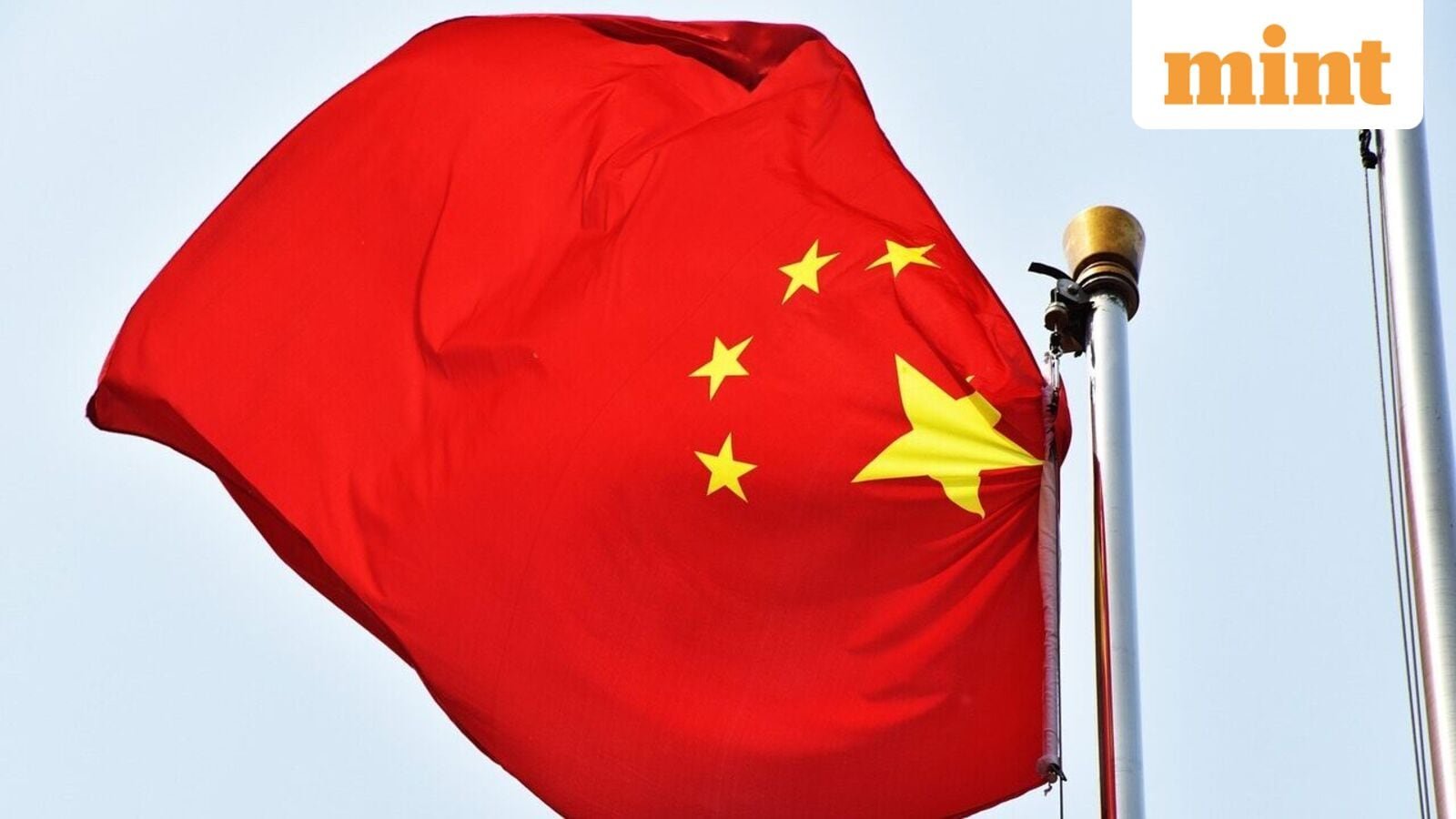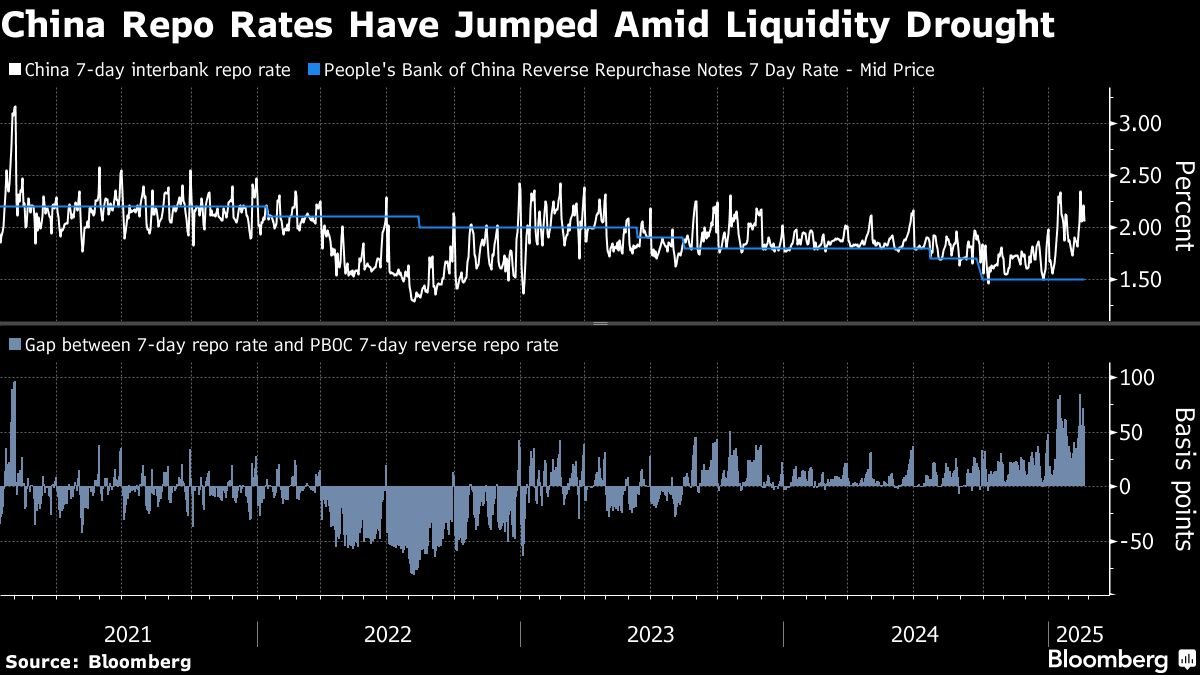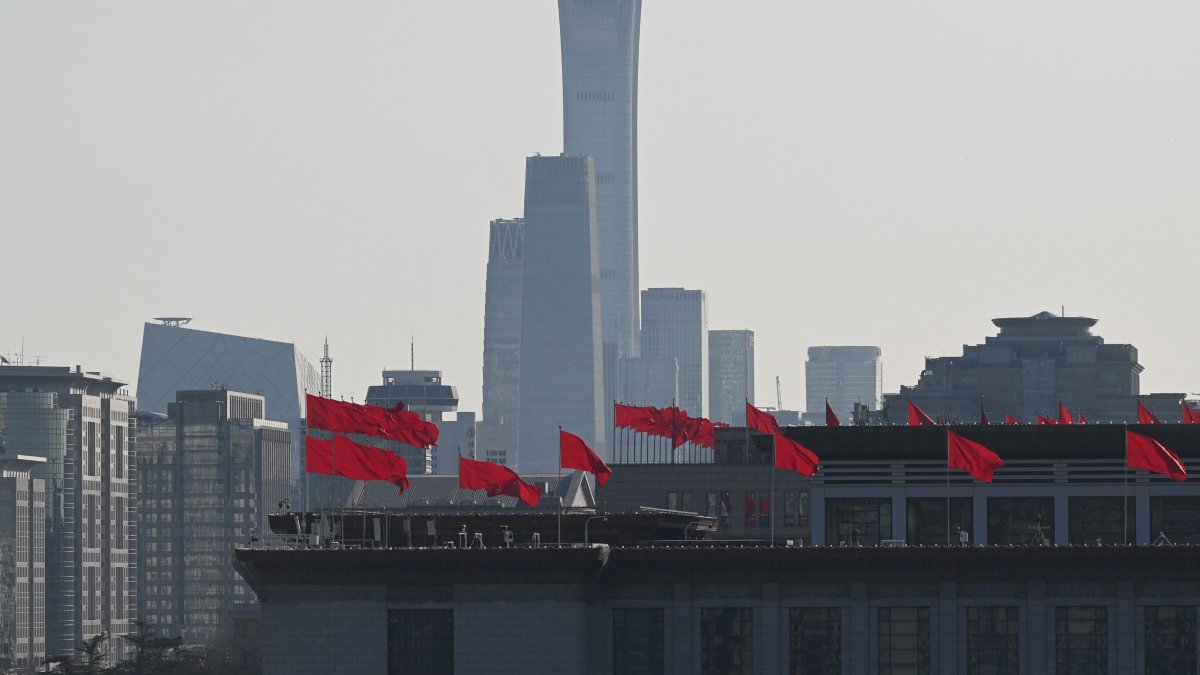AI-generated image. (Credit: Adobe Stock)
The Shanghai Gold Exchange has expanded outside mainland China for the first time, with the rollout of two new contracts and a bullion vault in Hong Kong.
The launch serves a number of purposes, from broadening the Shanghai bourse’s international reach, to strengthening China’s clout in commodity and currency markets and Hong Kong’s status as a financial center.
Trading will be conducted in yuan and settled by cash or physical delivery, including to the new vault operated by Bank of China Ltd.’s Hong Kong unit, the SGE said in a statement. The two contracts covering different purity levels will debut on Thursday. To attract traders, the exchange said it’ll waive fees at the vault through the end of the year.
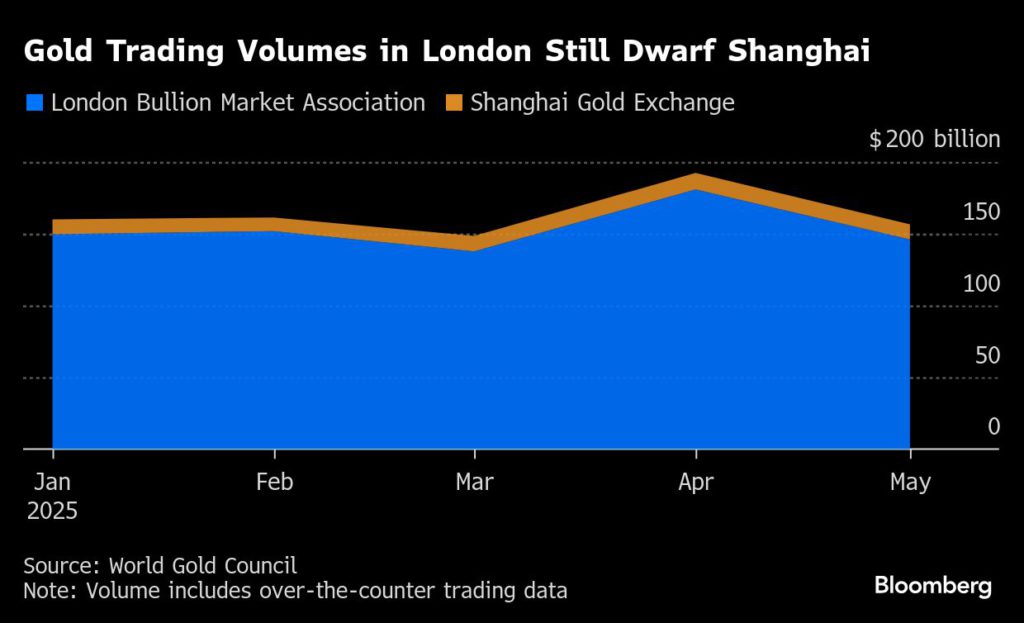
As the world’s top producer and consumer of gold, China wants to wield greater influence in pricing the commodity. The denomination of the SGE’s new contracts is particularly important given Beijing’s ambition to reduce reliance on the US dollar and promote wider use of the yuan in international trade.
“The buying and selling of gold at the new vault will also significantly improve the transaction volume of offshore yuan,” said Doris Bao, the founder of Gold Harvest Consulting. “The vault also means that China can now import gold in yuan rather than dollars,” further supporting de-dollarization, said Bao, who is also a consultant for London Bullion Market Association.
The SGE was established in 2002 by the People’s Bank of China as the country’s primary platform for trading bullion. In 2014, it set up the International Board to allow foreigners to participate directly in China’s market. That effort is now accelerating for other commodities. The Shanghai Futures Exchange, the country’s top venue for trading raw materials, recently unveiled a proposal to enhance access to overseas investors.
Although the SGE is the single largest exchange for physical gold, London remains the market’s undisputed center. Other hubs including Singapore are also trying to wrest some of the action away from the centuries-old UK market. Interest has only grown after the precious metal staged a massive rally to record levels, with prices more than doubling since the turn of the decade.
Much of gold’s appeal is its reputation as a reliable store of value, and China’s central bank has been a major buyer over the past three years, in part to diversify reserves away from the dollar.
Hong Kong, meanwhile, is a well-established banking center that’s seeking to keep pace with the expansion of other financial hubs in the region. The former British colony has a plan to bolster its presence in commodities, from warehousing to trading and logistical services across markets, including bullion.
“It’ll bring, if anything, more comfort for new players to enter the game,” said Joshua Rotbart the founder and managing partner at gold dealer J. Rotbart & Co. However, there are still some questions that could pose potential hurdles for the exchange to become truly global, he said.
“Limiting the access to the Hong Kong facility, in the same manner international players are limited in terms of being able to operate in the mainland, will definitely undermine the project,” Rotbart said.
(By Yihui Xie and Sybilla Gross)

